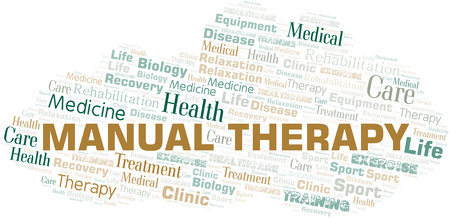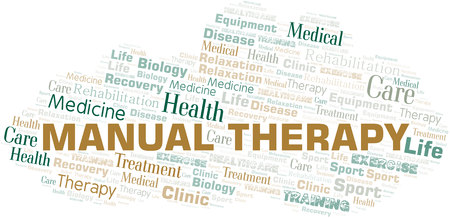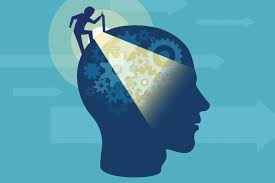
Crash Course in Applied Exercise Therapy

Description
Exercise therapy is defined as a regimen or plan of physical activities designed and prescribed to facilitate the patients to recover from diseases and any conditions, which disturb their movement and activity of daily life or maintain a state of well‐being [1] through neuro re‐education, gait training, and therapeutic activities. It is systemic execution of planned physical movements, postures, or activities intended to enable the patients to (1) reduce risk, (2) enhance function, (3) remediate or prevent impairment, (4) optimize overall health, and (5) improve fitness and well‐being [2].
This therapy may relate specific muscles or parts of the body, to general and strenuous activities that can return a recovering patient to the peak of physical condition. It is highly repetitive and intensive and requires time and dedication on the part of the patients to encourage neuroplasticity. The therapy is performed by professionals with an educational background in exercise physiology, exercise science, or other similar degree. To succeed goal‐oriented treatment, the personnel must [2].
Provide comprehensive and personalized patient/individual management.
Implement a variety of therapeutic interventions that are complementary (e.g., heat application before joint mobilization and passive stretch, followed by active exercise to use new mobility in a functional manner).
Rely on clinical decision‐making skill.
Promote patients’ independence whenever possible through the use of home management, self‐management exercise programs, and patient‐related instruction.
In-house physical therapy by family, friends, or caregivers to deliver the appropriate exercise therapy in the home can greatly decrease healthcare costs which may limit the intervention. Therefore, training and educating these persons are important in effective exercise therapy.
Exercise therapy can be called Activity‐Based Therapy, Activity‐Based Recovery Therapy, Neuro‐based Therapy, and Restorative Therapy.
This therapy may relate specific muscles or parts of the body, to general and strenuous activities that can return a recovering patient to the peak of physical condition. It is highly repetitive and intensive and requires time and dedication on the part of the patients to encourage neuroplasticity. The therapy is performed by professionals with an educational background in exercise physiology, exercise science, or other similar degree. To succeed goal‐oriented treatment, the personnel must [2].
Provide comprehensive and personalized patient/individual management.
Implement a variety of therapeutic interventions that are complementary (e.g., heat application before joint mobilization and passive stretch, followed by active exercise to use new mobility in a functional manner).
Rely on clinical decision‐making skill.
Promote patients’ independence whenever possible through the use of home management, self‐management exercise programs, and patient‐related instruction.
In-house physical therapy by family, friends, or caregivers to deliver the appropriate exercise therapy in the home can greatly decrease healthcare costs which may limit the intervention. Therefore, training and educating these persons are important in effective exercise therapy.
Exercise therapy can be called Activity‐Based Therapy, Activity‐Based Recovery Therapy, Neuro‐based Therapy, and Restorative Therapy.
Product rating
Customer Reviews
There have been no reviews for this product.
Add your review here




















